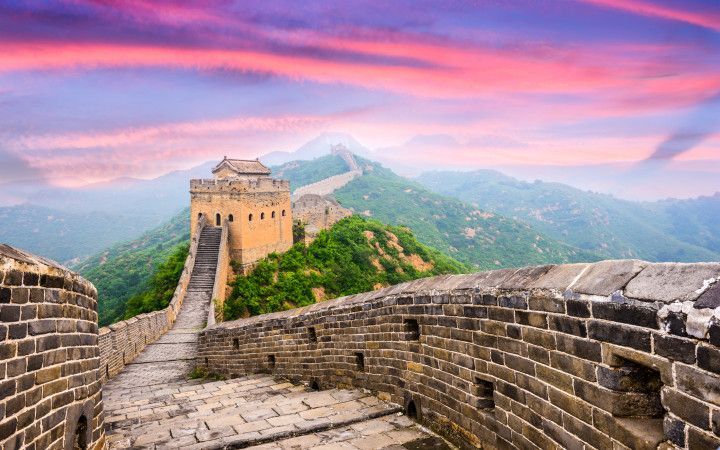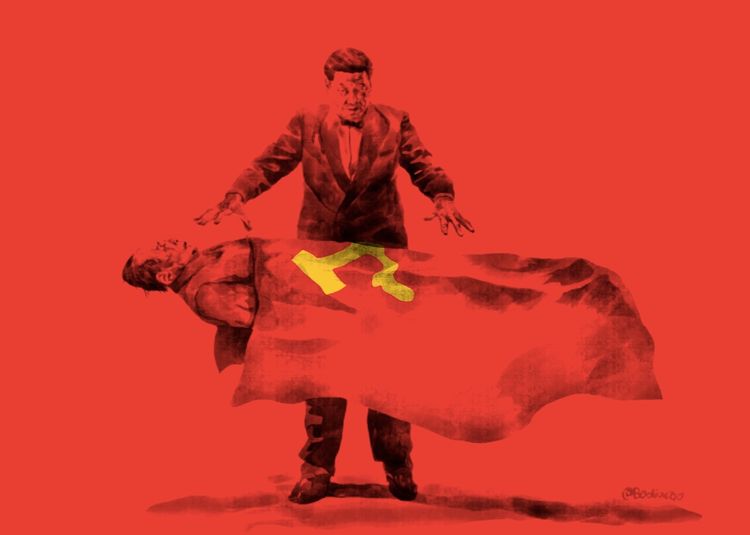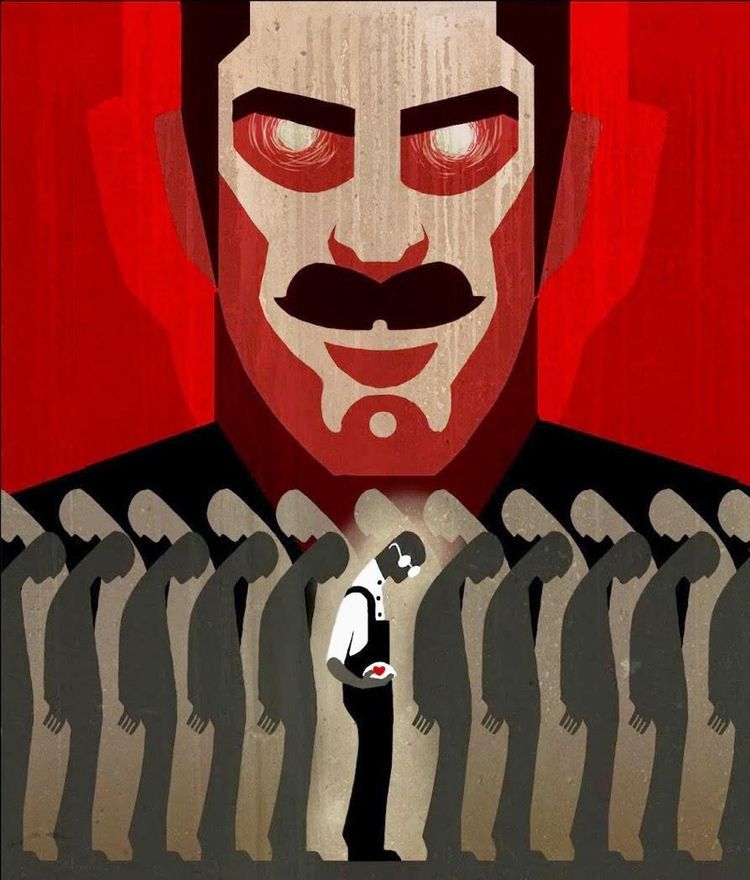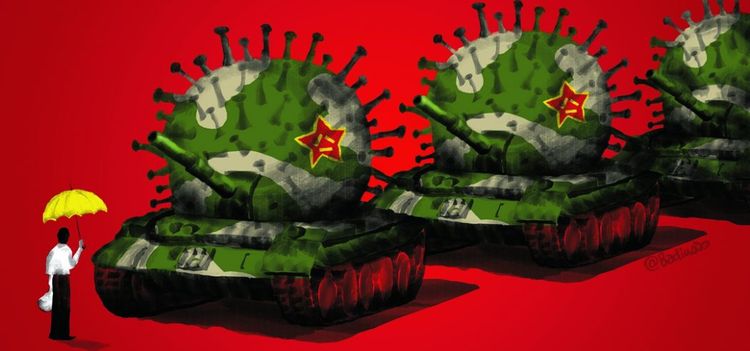Bibliography
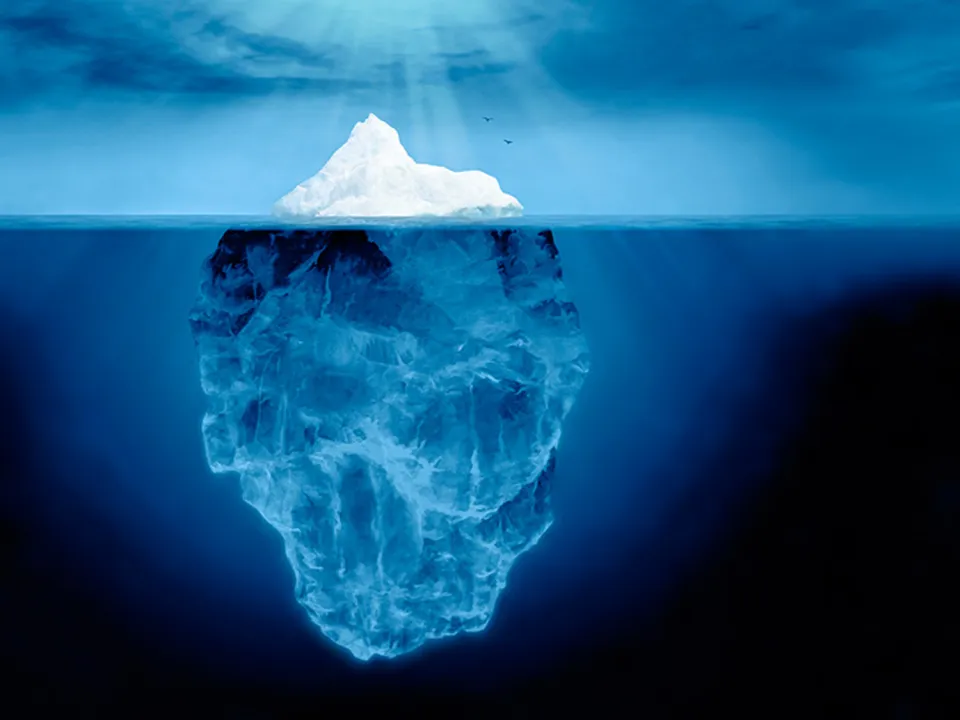
This post features all the books that helped make The CCP vs America & The Free World series.
Identifying Ignorance
An objective of the series was to cover every macro aspect of society or from the CCP's perspective: the non-kinetic warfronts. An emphasis was put on the irreconcilable gap between the party message and their actions.
As I began to research the systematic and highly effective deception, it became increasingly obvious that I was just another mislead and ignorant man!
It was not just about my ignorance of the CCP, I also lacked the knowledge & tools required to understand many of the subjects that I was ignorant about.
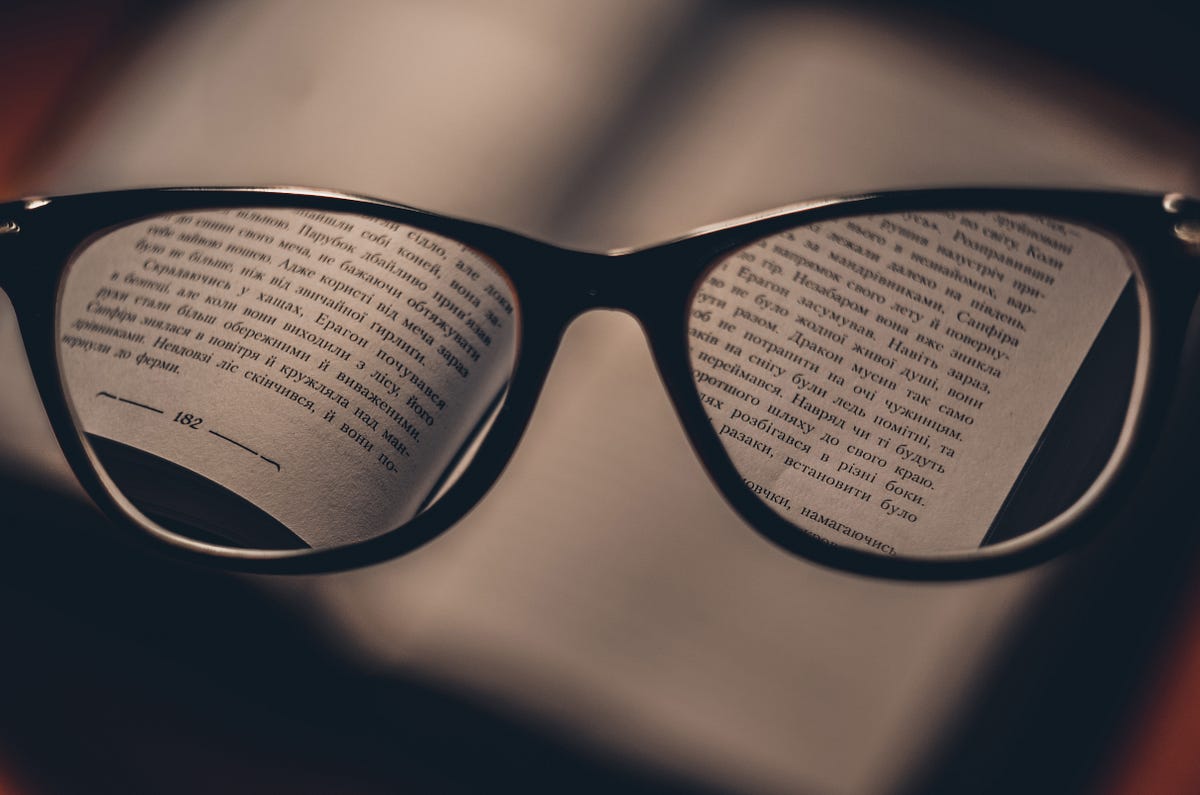
Primarily, I identified my ignorance at the general level then secondarily at the CCP specific level. As a tertiary consideration, solution design required further technical research.
For each area of known ignorance, I identified suitable, focussed reading material: books, media with journalistic integrity, academic journals and government papers. Podcasts and other informal websites would be something else entirely. This would require hundreds and hundreds of hours to assimilate.
More often than not, there were various items for each knowledge gap. The initial reading list compiled held more than 100 titles, even after discounting content overlaps. Additionally, I calendarised relevant future book releases so that my knowledge would remain fresh as time passed. A living list.
To escape the paradox of choice, I made a shorter, ordinal list of 25 must reads. Finally, I bought a burlap sack containing coffee.

I initially read 25 books in 25 days. An arbitrary target.
Many of the The CCP vs America & The Free World series' chapters transpired to be interdependent e.g. the level of societal trust and government type will impact the level of independence of the justice system.
Overall, I wanted a solid foundation of fresh knowledge before I began writing extensively.
I gradually made my way through the full, living list focussing on the more specialised titles that would be useful for specific chapters.
As I read, I made relevant notes or highlights for referencing. So what follows below are the books I read in the completion of the project. I have given each title a loved excerpt or quote and at times an image that should hopefully give a feel for the title.
The Art of War by Sun Tzu
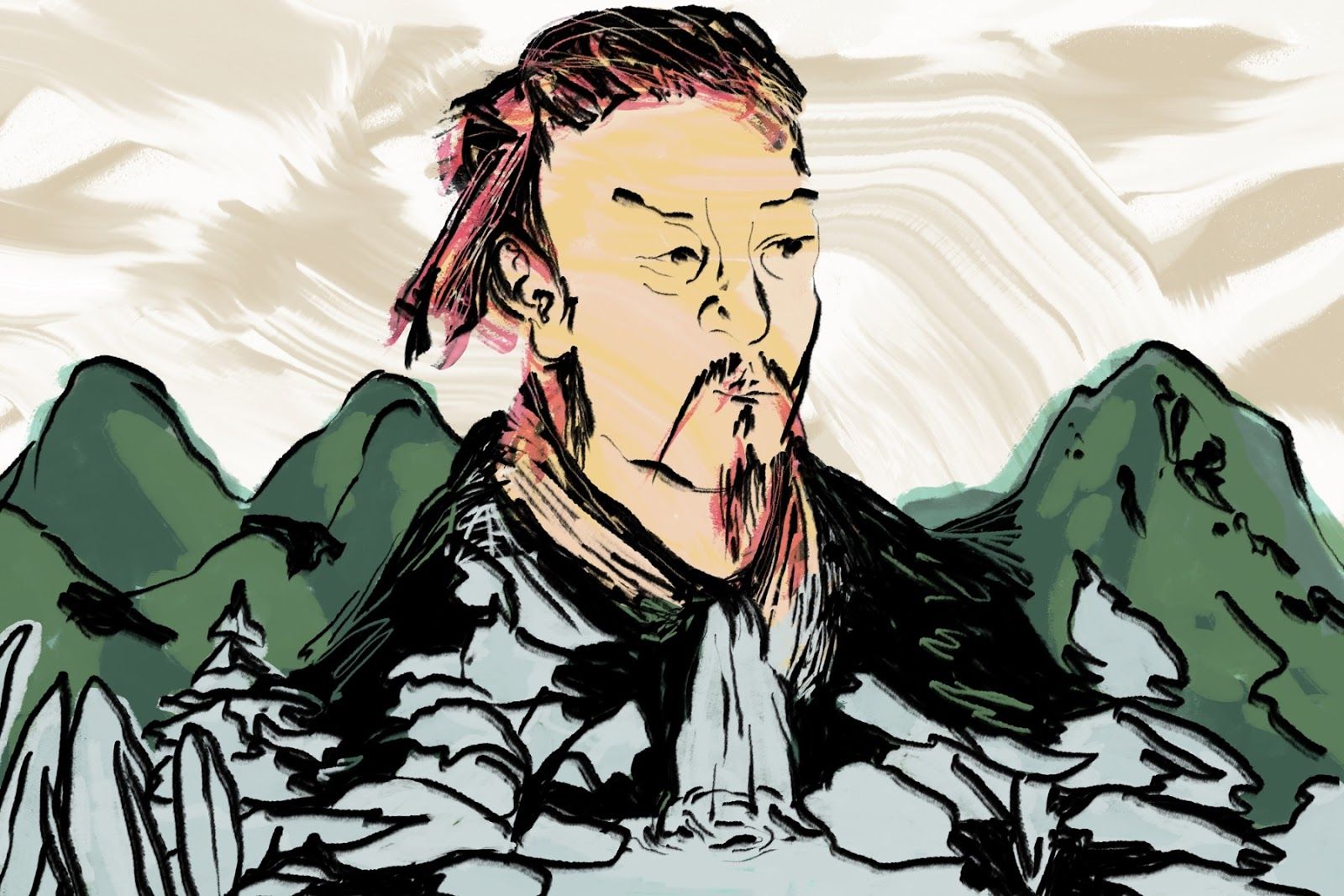
“Engage people with what they expect; it is what they are able to discern and confirms their projections. It settles them into predictable patterns of response, occupying their minds while you wait for the extraordinary moment — that which they cannot anticipate.”
The Party by Richard McGregor
"The Party's attitude is: "I can do it and you can't. And because you can't, I will." The Party's logic is circular. There can be no alternative, because none is allowed to exist."
Philosophy by Edward Craig
"John Stuart Mill did not want to tell anyone HOW to be happy, only that everyone should be provided with the material goods, education and political and social liberties to work it out for themselves."
Political Philosophy by David Miller
"There was once a man called Rosseau who wrote a book (The Social Contract) containing nothing but ideas. The second edition was bound in the skins of those who’d laughed at the first.”
Ideology by Michael Freeden
"The abnormal becomes normal through ideological sleight of hand i.e. convincing a large number of people to wake up at 6am and work 14 hours a day because this was perceived as the industrial order e.g. Marxism"
Marx by Peter Singer
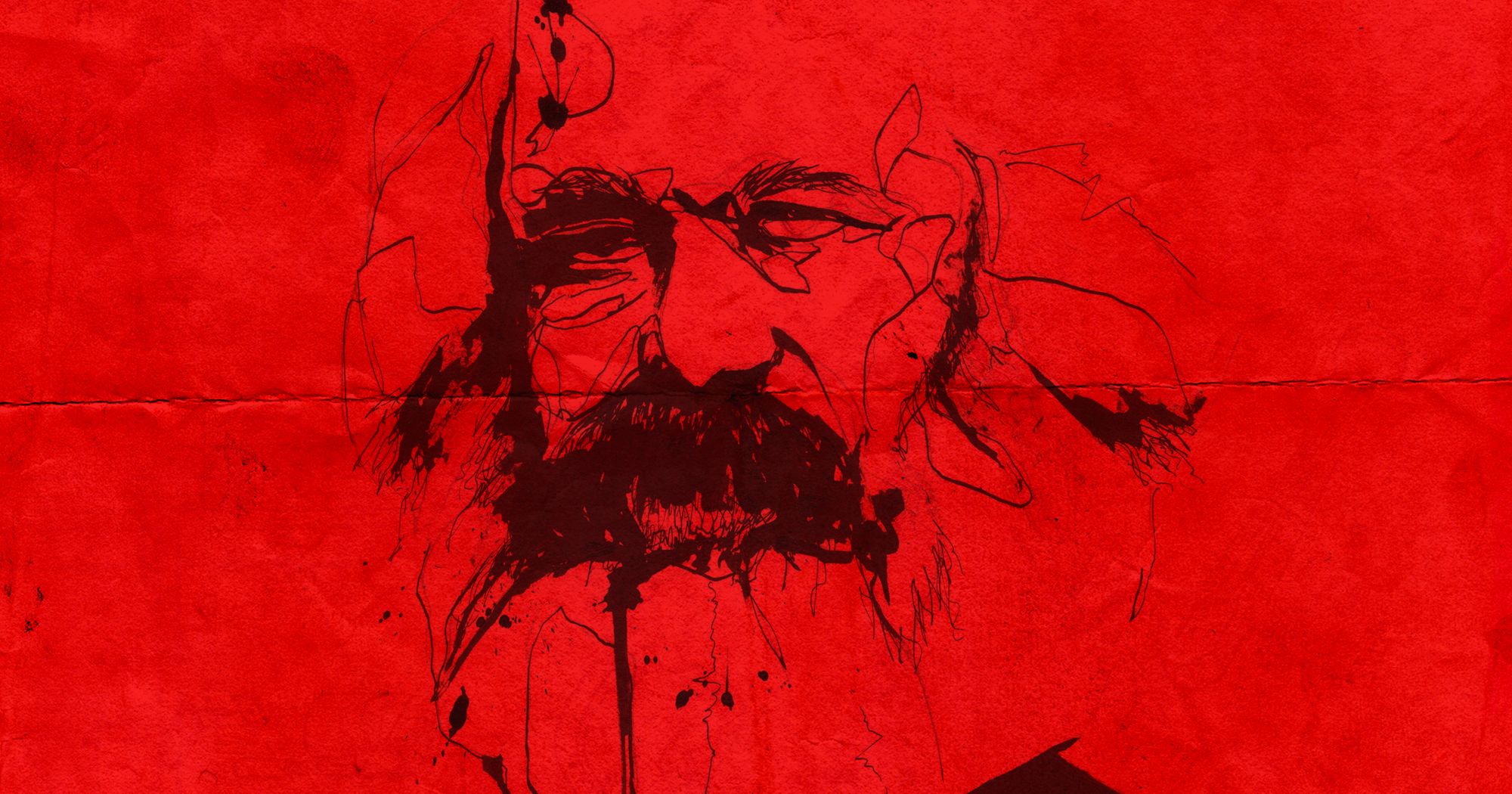
"Marx does not go onto explain what communism would look like in reality though I strongly doubt that he would envisage a society with billionaires in private property living alongside little girls that capture and eat wild rats which for many impoverished Chinese is a source of protein."
Ethics by Simon Blackburn
"There are countless small, unpretentious things that we know with certainty: Happiness is preferable to misery, and dignity is better than humiliation. It is bad that people suffer, and worse if a culture turns a blind eye to their suffering. Death is worse than life; the attempt to find a common point of view is better than the manipulative contempt for it."
Human Rights by Andrew Clapham
"There are human rights to life, equality, free speech, privacy, health, food and housing."
Global Warming by Mark Maslin
"The problem is that global warming is not just a scientific concern, but encompasses economics, sociology, geopolitics, local politics, and individuals' choice of lifestyle."
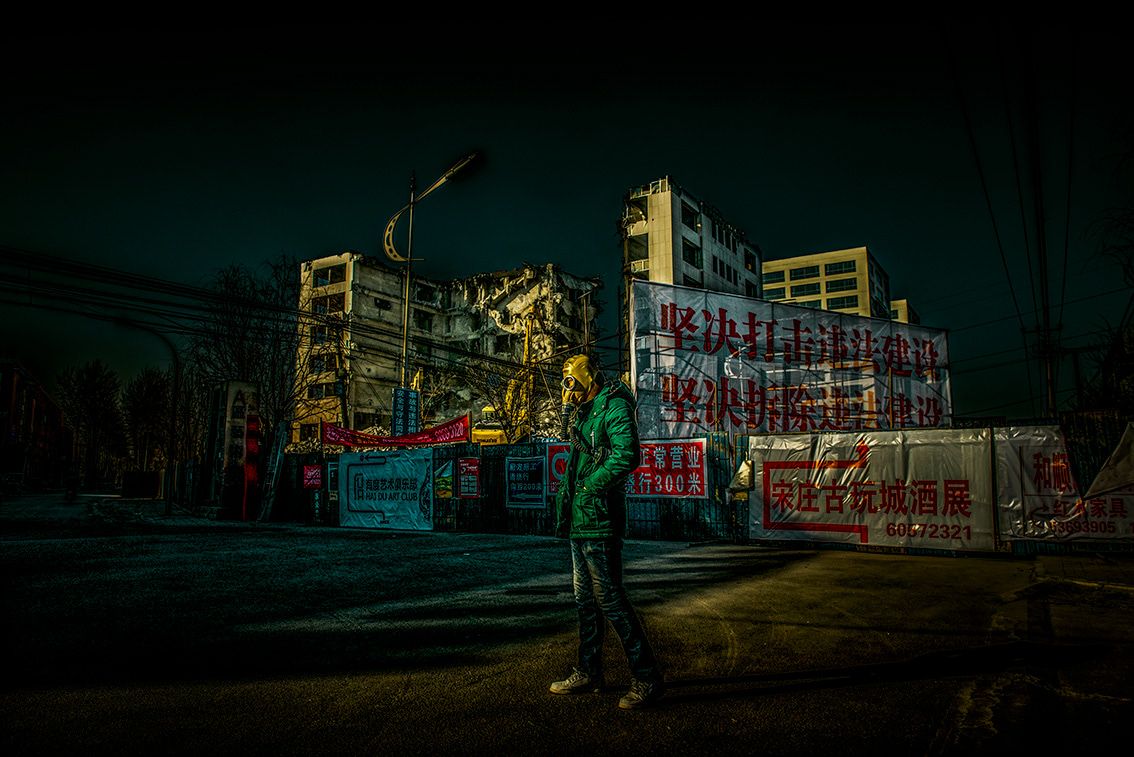
The Complete Works by Confucius
“To see the right and not to do it is cowardice.”
Modern China by Rana Mitter
"Positive liberty is highly restricted - there is no freedom to establish rival political groups, the media is highly circumscribed and censored and public protests, although common are shut down fast and/or brutally."
The 100 Year Marathon by Michael Pillsbury
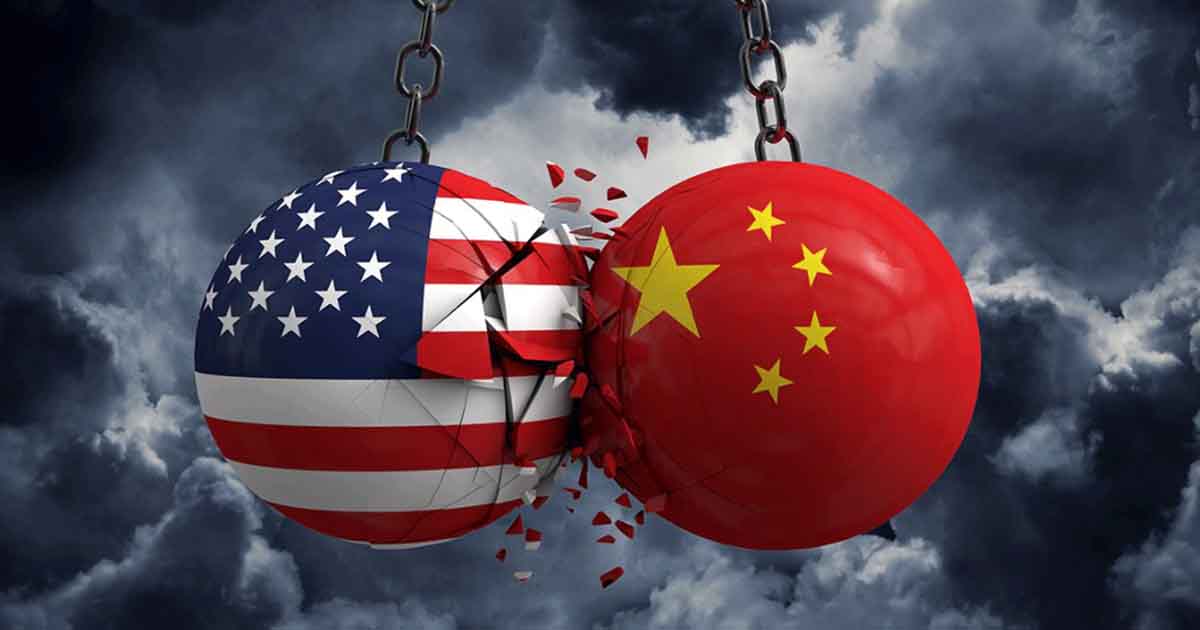
"Beijing’s leaders, drawing on the most basic lessons of ancient Chinese statecraft, have sought to induce complacency by promoting soothing messages and concealing alarming information that could give rise to suspicions about China’s hostility. If China’s internal estimate about surpassing America had been made as a loud, boastful announcement, it might have alarmed the hegemon and provoked an attempt at containment. So, instead, the approach was to tell foreigners how many obstacles China faced and to downplay its prospects."
The One Hour China Book by Jeffrey Towson & Jonathan Woetzel
"Ask a question like “who controls the Bank of China?” This should be a simple question to answer. Bank of China is, after all, publicly traded. It is certainly run like a banking corporation. And we know who the managers and shareholders are.
However, it turns out the CEO does not really report to the shareholders and is not actually appointed by them. He is chosen by the Organization Department of the Communist Party, which technically owns nothing."
China in the 21st Century: What Everyone Needs to Know by Jeffrey Wasserstrom & Maura Cunningham
"Catholics look to the Vatican-based pope as the head of their church, but the early PRC government was unwilling to allow foreign control of a religion within its borders. In 1951, the PRC severed ties to the Vatican and established the Chinese Catholic Patriotic Association (CCPA) to oversee the practice of the faith. The Vatican does not recognize government-run congregations, or bishops appointed by the CCPA, and has maintained diplomatic relations with Taiwan rather than Beijing. There are, however, about six million “underground” Catholics who deny the CCPA’s authority and express loyalty to the Vatican and the pope."
China's Economy: What Everyone Needs to Know by Arthur Kroeber
"The Communist Party has always been relatively repressive of public information flows, but under Xi Jinping it has become much more so, by shutting down independent voices in social media, increasing censorship and blockage of both foreign and domestic websites, and harassing or closing civil society organizations that receive foreign funding or are suspected of propagating ideas from abroad. It has also launched a campaign to cleanse university textbooks of foreign ideas and to encourage university professors to promote “Chinese” ideas in their teaching. This oppressive and expanding hostility to ideas from other societies, and to domestically generated ideas not approved by Communist Party apparatchiks, is obviously inimical to innovation."
China's Second Continent by Howard French
"Under circumstances like these, it was difficult to imagine how any robust transfer of knowledge or expertise could arise that might directly benefit Africans now, or even at any point in the near future."
We Have Been Harmonised by Kai Strittmatter
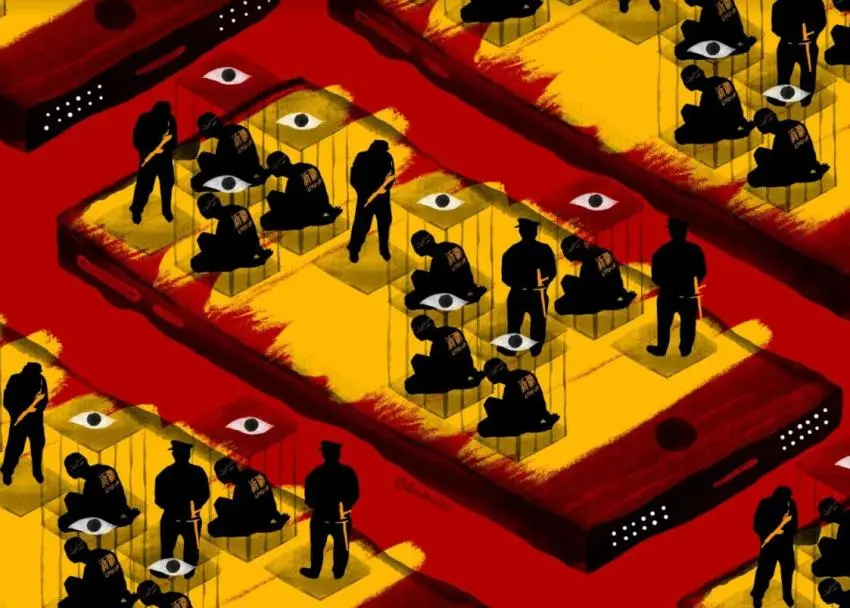
"Inside China, the memory of the massacre has practically been wiped out; the state-ordered amnesia is complete. And he who controls the past – the CCP understands this as well as George Orwell did – also controls the future."
1984 by George Orwell
"The best books, he perceived, are those that tell you what you know already.”
Red Flags: Why Xi's China is in Trouble by George Magnus
"The US fusses about its trade deficit with China, but China has a trust deficit that ideally must also be resolved."
One Child: The Story of China's Most Radical Experiment by Mei Fong
"In some parts of the country, pregnant women without birth permits were marched off in handcuffs to undergo forced abortions.
China’s one-child policy was crafted by military scientists, who believed any regrettable side effects could be swiftly mitigated and women’s fertility rates easily adjusted.
If it didn’t fit the rules, the policy’s answer was almost always: pay or abort."
China in Ten Words by Hua Yu
"When we think back to what was best about our childhoods, we tend to reminisce about remarkably similar things, all involving the eating of some kind of treat; apart from that, we have very few memories to cherish."
The Corpse Walker: China from the Bottom Up by Liao Yiwu
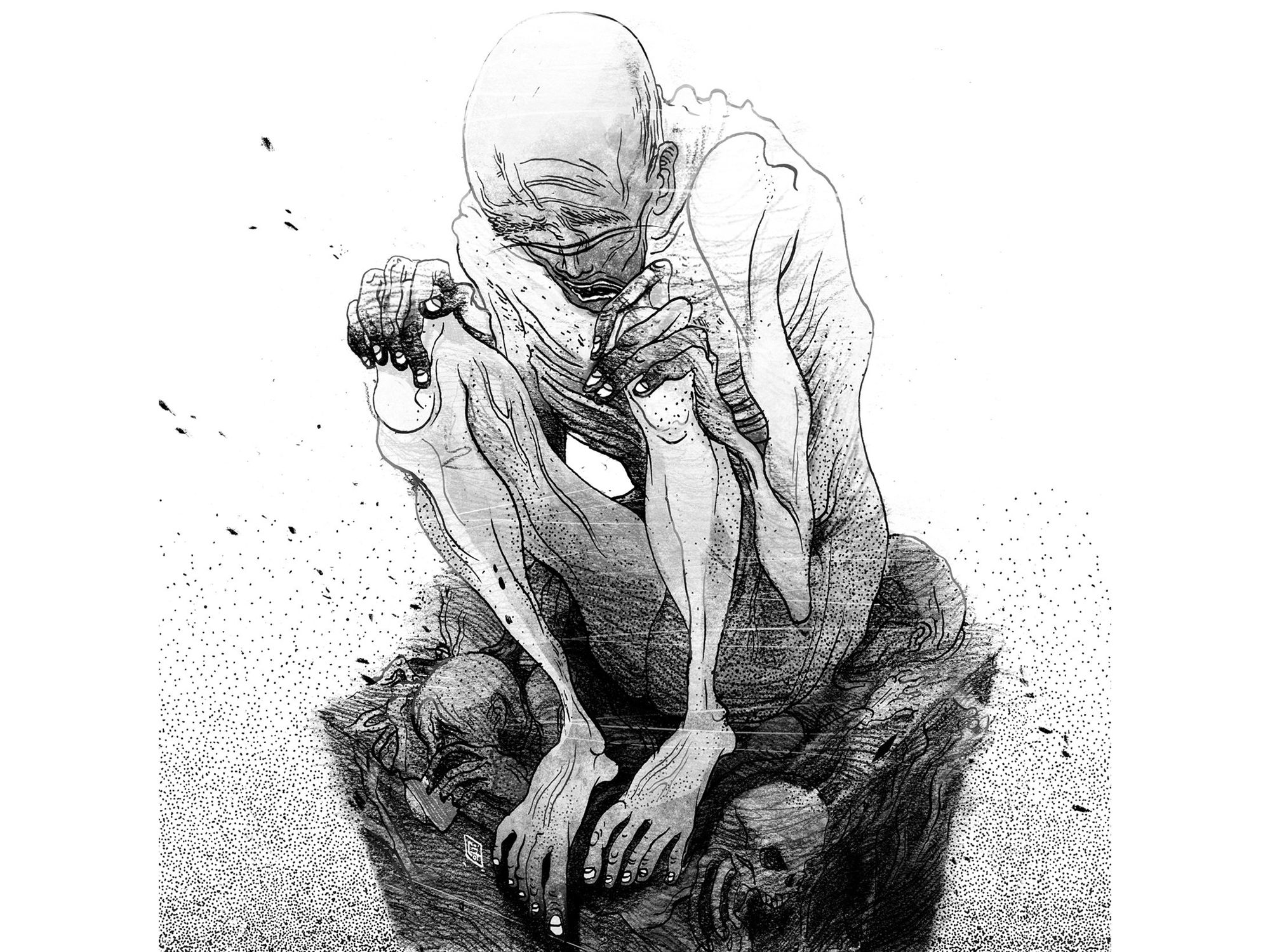
"In the week that followed, the county conducted a thorough investigation and revealed a terrible scandal involving cannibalism at the Fifth Production Division. That division encompassed 82 families, with a population of 491. Between December 1959 and November 1960, peasants had killed and eaten 48 female children under the age of seven, which represented 90 percent of the female children in that age group. About 80 percent of the families were involved in cannibalism."
Wish Lanterns: Young Lives in China by Alec Ash
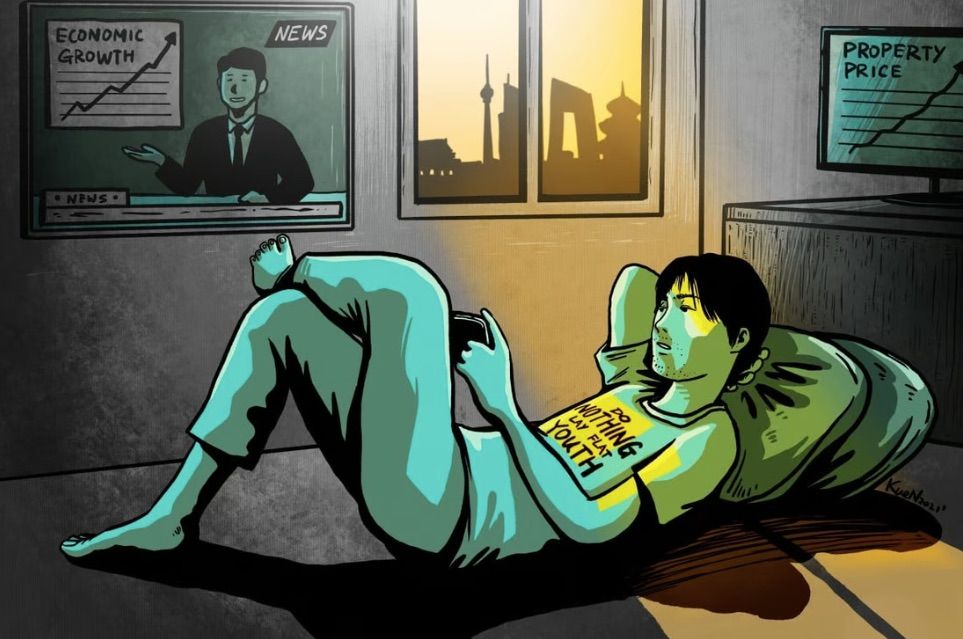
"One early decree called Document No. 9 listed what were later called the ‘seven unmentionables’ to go unspoken in academia and media: constitutional democracy, universal values, civil society, neoliberalism, a free press, historical mistakes by the Communist Party and criticisms of socialism with Chinese characteristics."
Leftover Women: The Resurgence of Gender Inequality in China by Leta Fincher
"In one sense, “leftover” women do not exist. They are a category of women concocted by the government to achieve its demographic goals of promoting marriage, planning population, and maintaining social stability. The state media campaign against “leftover” women is just one of the signs that in recent years, contrary to many claims made by mainstream news organizations, women in China have experienced a dramatic rollback of rights and gains relative to men. It is in this larger sense that women have been “left over” and left behind by the ruling Communist Party in its breakneck race for economic growth at all costs."
Foot Binding in Neo-Confucian China and the Appropriation of Female Labour by Fred Blake
"No means no."
